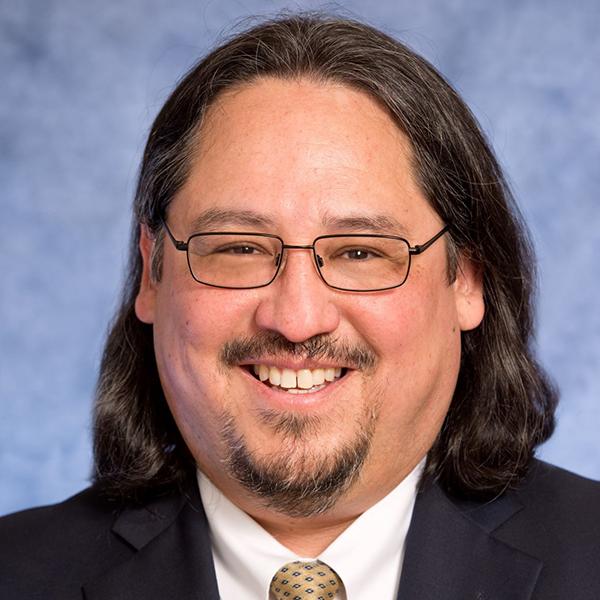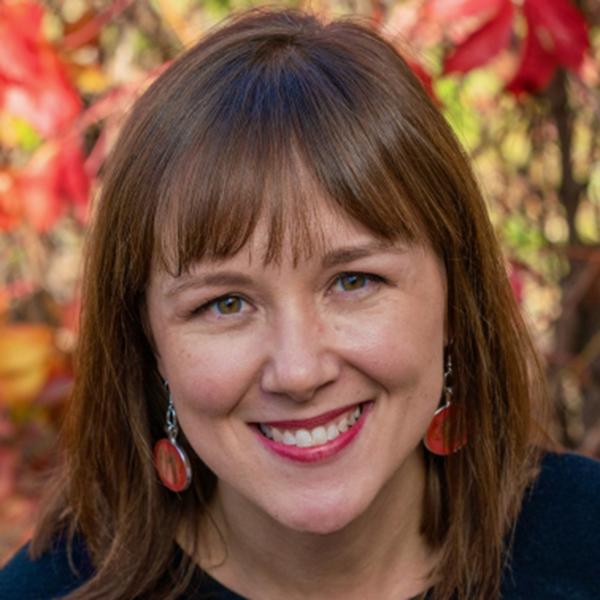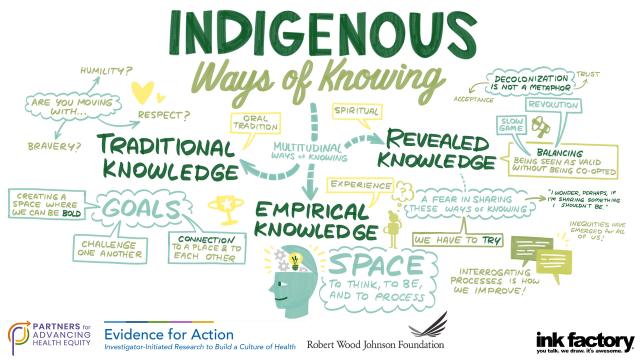In May, Drs. Melissa Walls and Joseph Gone facilitated the Indigenous Ways of Knowing Symposium in Pray, Montana. A small, intimate group of Indigenous research scholars discussed the significance of Indigenous Ways of Knowing in addressing health inequities and promoting health. Participants for the gathering were selected from a network of colleagues engaged in scholarship surrounding Indigenous Ways of Knowing and Indigenous research methodologies. The participants represented diverse opinions, disciplines, and Tribal Nations for comprehensive and inclusive representation of Indigenous knowledges.
Event Co-Organizers
Joseph P. Gone

Joseph P. Gone, PhD, is an international expert in the psychology and mental health of American Indians and other Indigenous peoples. He is Professor of Anthropology, Harvard University; Professor of Global Health and Social Medicine, Harvard Medical School; Professor in the Department of Social and Behavioral Sciences, Harvard T.H. Chan School of Public Health; Faculty Director, Harvard University Native American Program; and immediate Past President (2023-25) of the Society of Indian Psychologists. Gone has collaborated with tribal communities for nearly three decades to critique conventional mental health services and to harness traditional culture and spirituality for advancing Indigenous well-being. He has published over 100 scientific articles, and received more than 20 fellowships and career awards. An enrolled member of the Aaniiih-Gros Ventre Tribal Nation of Montana, he also served briefly as the Chief Administrative Officer for the Fort Belknap Indian reservation. Gone received the 2021 APA Award for Distinguished Professional Contributions to Applied Research from the American Psychological Association, and the 2023 Gold Medal Award for Impact in Psychology from the American Psychological Foundation
.
Melissa Walls

Melissa Walls, PhD (Bois Forte and Couchiching First Nation Anishinaabe) is Director of the Great Lakes Hub for the Johns Hopkins Center for American Indian Health and Associate Professor of American Health in the Department of International Health. She is an Indigenous social scientist committed to collaborative research with Indigenous communities to promote health equity. Her involvement in community-based participatory research (CBPR) projects to date includes mental health epidemiology; culturally-relevant, family-based substance use prevention and mental health promotion programming and evaluation; and examining the impact of stress and mental health on diabetes. Dr. Walls’s collaborative work has received funding from the National Institutes of Health and the Public Health Agency of Canada.
More About Indigenous Ways of Knowing

Resources if you want to learn more
- Cross, T. L., Friesen, B. J., Jivanjee, P., Gowen, L. K., Bandurraga, A., Matthew, C. & Maher, N. (2011). Defining youth success using culturally appropriate community-based participatory research methods. Best Practices in Mental Health, 7(1). 94-114.
- First Nations Health Council. (2023). 10-Year Strategy on the Social Determinants of Health: A Framework for the Future.
- Friesen, B. J., Cross, T. L., Jivanjee, P. R., Gowen, L. K., Bandurraga, A., Bastomski, S., Matthew, C., & Maher, N. J. (2012). More Than a Nice Thing to Do: A Practice-Based Evidence Approach to Outcome Evaluation in Native Youth and Family Programs. In: Chang, E., Downey, C. (eds) Handbook of Race and Development in Mental Health. Springer. https://doi.org/10.1007/978-1-4614-0424-8_6
Gone, J. P. (2019). Considering Indigenous research methodologies: Critical reflections by an Indigenous knower. Qualitative Inquiry, 25(1), 45-56.
Gone, J. P. (2022). Indigenous research methodologies: X-marks in the age of community accountability and protection. Qualitative Inquiry, 28(2), 164-170.
- Hindmarch, S., & Hillier, S. (2022). Reimagining global health: From decolonisation to indigenization. Global Public Health, 18(1).
- Hodge, D. R., Limb, G. E., & Cross, T. L. (2009). Moving from colonization toward balance and harmony: a Native American perspective on wellness. Social Work, 54(3):211-9.
- Hoss, A. (2021). Federal Indian law as a structural determinant of health. Journal of Law, Medicine & Ethics, 47(S4), 34-42.
- Hoss, A. (2019). A framework for Tribal public health law. Nevada Law Journal, 20(1), article 4.
Kaholokula, J.K., Look, M.A., Wills, T.A. et al. Kā-HOLO Project: a protocol for a randomized controlled trial of a native cultural dance program for cardiovascular disease prevention in Native Hawaiians. BMC Public Health, 17, 321 (2017). https://doi.org/10.1186/s12889-017-4246-3
Kovach, M. (2010). Conversation method in Indigenous research. First Peoples Child & Family Review, 5(1), 40-48.
Mashford-Pringle, A., Hiscock, C., Rice, E. J., & Scott, B. (2023). Weaving First Nations, Inuit, and Métis principles and values into health research processes. Journal of Clinical Epidemiology, 160, 54-60.
Mashford-Pringle, A., & Stewart, S. L. (2019). Akiikaa (it is the land): Exploring land-based experiences with university students in Ontario. Global Health Promotion, 26(3_suppl), 64-72.
Milburn, M. P. (2004). Indigenous nutrition: Using traditional food knowledge to solve contemporary health problems. The American Indian Quarterly, 38(3&4), 411-434.
Morton Ninomiya, M. E., Burns, N., Pollock, N. J., Green, N. T. G., Martin, J., Linton, J., Rand, J. R., Brubacher, L. J., Keeling, A., & Latta, A. (2023). Indigenous communities and the mental health impacts of land dispossession related to industrial resource development: A systematic review. The Lancet Planetary Health, 7(6), E501-E517.
O’Keefe, V.M., Maudrie, T.L., Cole, A.B. et al. (2023). Conceptualizing Indigenous strengths-based health and wellness research using group concept mapping. Archives of Public Health, 81(71).
Shawanda, A., & Manitowabi, J. (2023). Anishinaabe dream methodology. Turtle Island Journal of Indigenous Health, 1(3).
Steinhauer, E. (2002). Thoughts on an Indigenous research methodology. The Canadian Journal of Native Education, 26(2), 69-81.
Windchief, S., & Cummins, J. (2022). Considering Indigenous research methodologies: Bicultural accountability and the protection of community held knowledge. Qualitative Inquiry, 28(2), 151-163.
Windchief, S., Polacek, C., Munson, M., Ulrich, M., & Cummings, J. D. (2018). In reciprocity: Responses to critiques of Indigenous methodologies. Qualitative Inquiry, 24(8), 532-542.
Woodbury, R. B., Ketchum, S., Hiratsuka, V. Y., & Spicer, P. (2019). Health-related participatory research in American Indian and Alaska Native communities: A scoping review. International Journal of Environmental Research and Public Health, 16(16), 2969.
Recording of the Ways of Knowing Symposia Kickoff Event
Recording of the Ways of Knowing Symposia Kickoff, a hybrid event recorded on March 7th in New Orleans, LA.